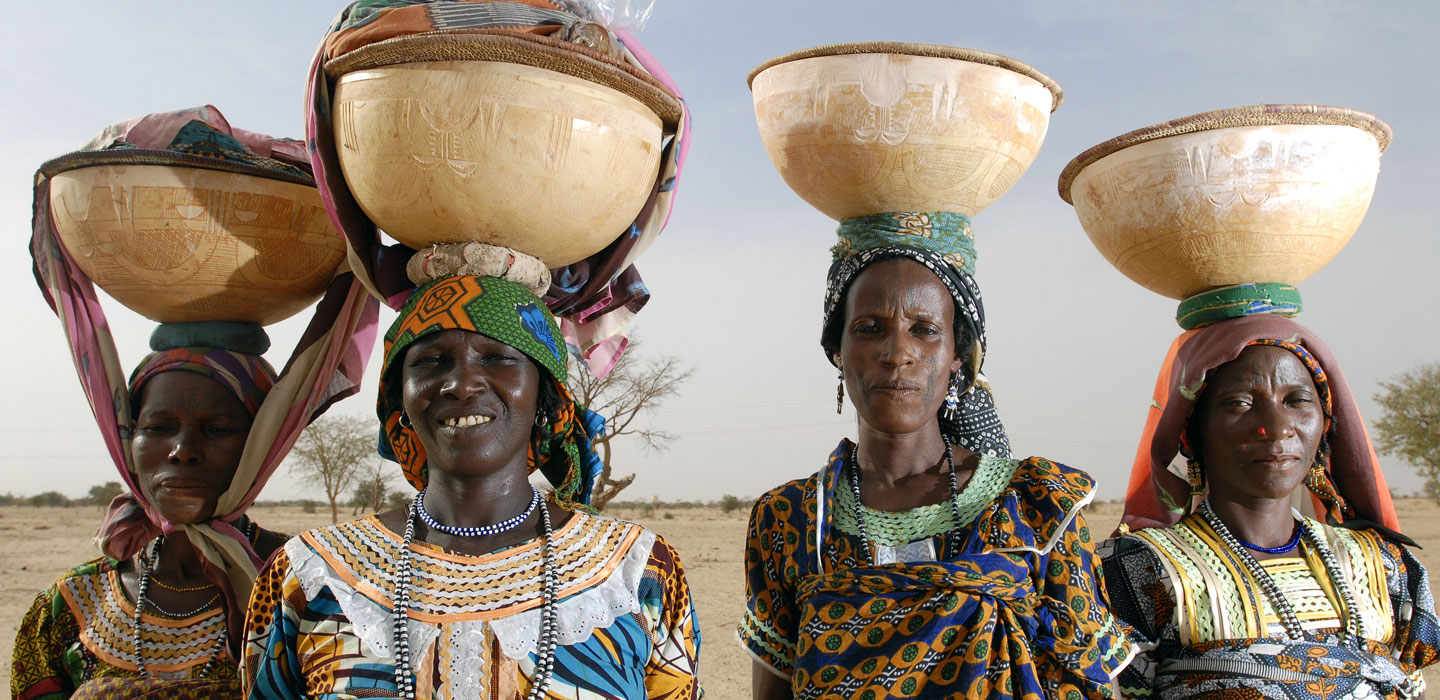Outils et directives
Outils et directives

Outils et directives
Menu Affichage
SearchResultsFilters
Résultats de recherche
Note pratique: Comment intégrer le Système de formation action pour l’égalité femmes hommes (GALS) dans les opérations du FIDA
La présente note a pour but d’indiquer comment intégrer le Système de formation action pour l’égalité femmes-hommes (GALS) pour faire évoluer les rapports entre les femmes et les hommes dans les opérations du FIDA.
Une assurance contre les risques agricoles et climatiques plus inclusive envers les femmes: comment améliorer l’accès à l’assurance pour les femmes en milieu rurale
Le programme d'assistance technique du FIDA INSURED (Assurance pour la résilience et le développement économique des zones rurales) a permis d’apprendre comment faciliter l'accès des productrices agricoles à l'assurance contre les risques climatiques.
Women-led business and value chain development; a case study in Tajikistan
Investments in smallholder goat development and related value chains are effective means to reduce poverty and increase the incomes of men and women from resource-poor households. They are also effective channels to promote gender equality and women’s empowerment in remote mountainous
areas.
Rural women's leadership programme in grass-roots organizations: a case study in Nepal
Integrated promotion of gender equality and women's empowerment: economic empowerment, decision-making and workloads
address the cross-cutting and multifaceted nature of gender inequality through multiple entry points.